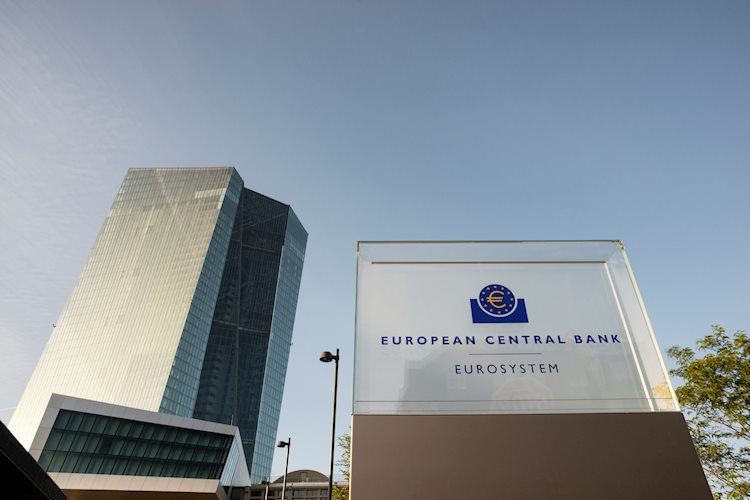Joachim Nagel, a policymaker at the European Central Bank (ECB), recently stated that the era of high inflation is over. He emphasized the importance of remaining cautious and vigilant despite positive developments. Nagel mentioned that he will not make a decision regarding a potential rate cut until the next ECB Governing Council meeting next week, where he will have a more comprehensive view of all data.
The EUR/USD pair saw a slight increase following Nagel’s comments, indicating that the market reacted positively to his statements. The European Central Bank, headquartered in Frankfurt, Germany, is responsible for setting interest rates and managing monetary policy within the Eurozone. The ECB’s main goal is to maintain price stability, with inflation hovering around 2%, achieved through the adjustment of interest rates.
The ECB Governing Council, consisting of heads of national central banks within the Eurozone and six permanent members, makes monetary policy decisions during eight annual meetings. In extreme cases, such as during financial crises or periods of low inflation, the ECB may implement Quantitative Easing (QE). QE involves printing money to buy assets like government or corporate bonds, ultimately stimulating the economy. This process typically leads to a weaker Euro, serving as a last resort measure to combat economic challenges.
On the other hand, Quantitative Tightening (QT) is the reversal of QE and occurs when the economy shows signs of recovery and inflation rises. During QT, the ECB stops purchasing additional bonds and reinvesting maturing principal, signaling a positive outlook for the Euro. Overall, the ECB employs various tools and strategies to maintain stable prices within the Eurozone and react to economic conditions in a timely manner.
In conclusion, Nagel’s assessment of the current inflation situation provides insight into the ECB’s approach towards monetary policy. While recent developments may suggest a positive trajectory, caution remains crucial to ensuring long-term stability. The market’s response to Nagel’s comments indicates a level of confidence in the ECB’s ability to navigate economic challenges. As the ECB continues to monitor data and make informed decisions, the Eurozone can expect strategic adjustments to support price stability and economic growth.











